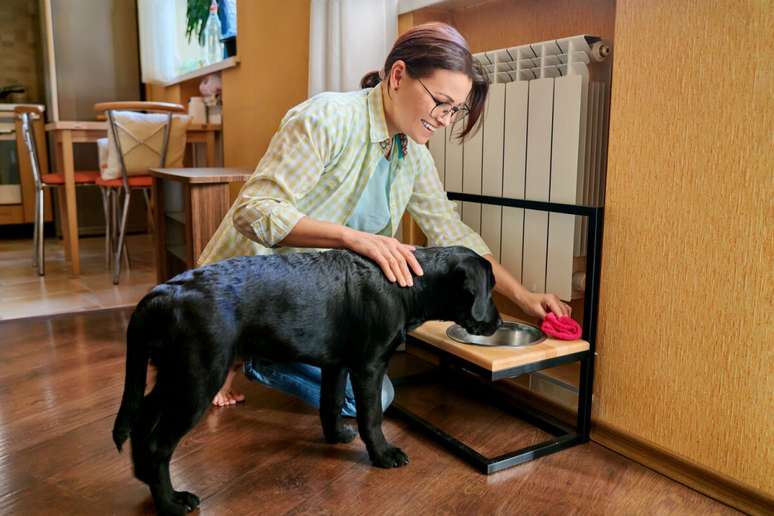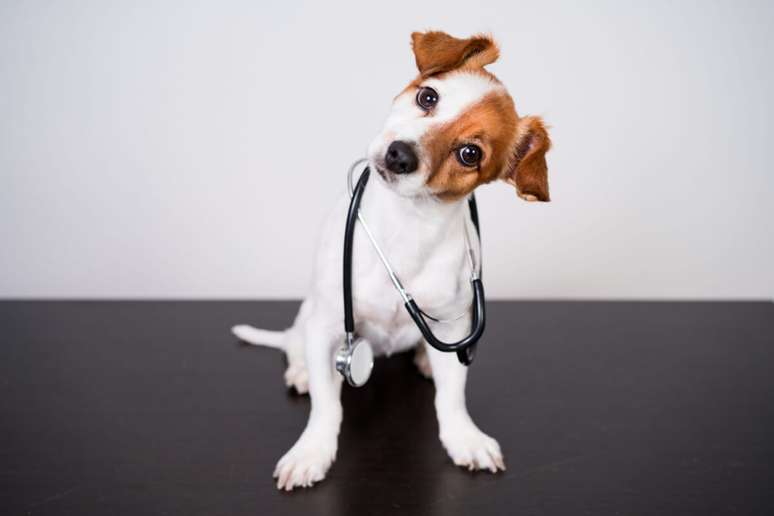Little daily treatments help to avoid diseases and guarantee more well -being and longevity for dogs and cats
Taking care of the health of pets goes far beyond affection and food. Just like humans, the pets They are subject to various diseases from a light, some quite serious, which can compromise well -being and, in more serious cases, to put life at risk. Fortunately, many of these conditions can be avoided with simple but extremely effective attitudes in everyday life.
“As with humans, prevention in corporate animals goes far beyond vaccines. It includes regular care, follow -ups and professional habits that help the body PET remain strengthened for a lifetime. Investing in these precautions is not only a way to protect the health of the animal, but also to avoid higher expenses and more complex interventions in the future “, says the veterinarian Marina Tiba, product manager at the Ceva Animal Health Company Unit.
Here are suggestions to prevent your pet from getting sick!
1. Keep the updated vaccination
Vaccines are fundamental for protect animals against infectious diseases. “The calendars of vaccines for dogs and cats should be started in the first weeks of life, with periodic reinforcements over the years. The vaccines protect against serious and, in many cases, fatal diseases – as a cursed, parvovirus and leptospirosis in dogs or panleucopenia, rinotracheitis and calicivirosis in cats”
The tutor should follow the vaccination program indicated by the vet, which varies according to the species, age and history of PET. Even animals that live exclusively at home must be vaccinated, since viruses and bacteria can reach the environment through clothes or shoes of the residents.
2. Take the PET to the veterinarian regularly
Routine consultations are essential even when the animal seems to be healthy. This is because many diseases develop silently, without evident symptoms in the early stages. Following -Up Professional allows preventive exams, general monitoring of health and early detection of problems that could worsen.
3. Invest in quality food
Proper nutrition is the basis for the correct functioning of the animal’s body. Good quality commercial rations are formulated to provide everything nutritional needs of pets, But natural nutrition can also be an option, provided that it is developed with the guidance of a nourologist veterinarian.
Homemade foods without professional supervision can cause disabilities or excess nutrients. In addition, foods, sweets, spices and toxic foods such as onion, garlic, chocolate and grapes can be avoided, which can cause serious poisoning.
4. Do you frequently do switching
The intestinal worms and the parasite of the heart (drophilariasi) represent real risks for dogs and cats. They can cause symptoms such as diarrhea, vomiting, anemia, weight loss and even impairment of important organs. Therefore, it is essential to manage the deworms in advance, respecting the interval and dose recommended by the vet. The control should begin in the first months of life and continue throughout the life of the animal, including those who live in internal environments.

5. Take care of the hygiene of the environment and tools
Clean environments are less likely to proliferate bacteria, viruses, mushrooms and parasites. Therefore, keeping the house always clean is one of the pillars of disease prevention. “Keep the hygiene of the spaces, avoid the accumulation of feces, Check fleas and ticks With adequate products and prevent access to plants or toxic substances they are simple attitudes that make the difference in everyday life “, adds Marina Tiba.
In addition, the tutor should wash the water and feed on daily, frequently change the water, disinfect walks, blankets and toys and quickly collect stools and urine. In the case of cats, the cleaning of the sandbox should be performed daily, with the regular exchange of granulate.
6. Use antiparasitic products to prevent fleas and ticks
Fleas and ticks can transmit serious diseases such as erlicious, babesious and Lyme disease. These parasites easily hide on rugs, cracks and courtyards and can infest the animal even if it has no contact with other animals.
Prevention should be performed using products indicated by veterinarians, such as antiparasite collars, oral tablets or topical solutions. In addition, it is important to examine the PET Often and keep the environment clean and treated against these invaders.
7. Encourage physical activity
A study by the Faculty of Veterinary Medicine and Zootechnics of the University of San Paolo, held in the city of San Paolo, showed that 40.5% pets They are weight problems, that is, in a situation of overweight or obesity.
THE sedentary lifestyle It can lead to weight accumulation, joint problems, cardiovascular diseases and even depression in pets. Therefore, it is important to include exercises in the routine of the PETrespecting its size, age and health conditions.
For dogs, daily tours, balls with balls or interactive games are excellent options. Even cats must move, and this can be done with toys that stimulate hunting instincts, such as wands, feathers and balls.
8. Ensure constant access to clean and sweet water
The correct hydration is essential for the correct functioning of kidneys, intestines, liver and other organs. Lack of water can cause dehydrationTraining of urinary calculations and other serious problems. Therefore, the tutor should always make clean and fresh water available in sanitized jars, changing the content at least twice a day.
On hot days, the use of fountains for drinking ice or electric sources can further encourage consumption, especially in the case of cats, which tend to drink less natural water.
Source: Terra
Ben Stock is a lifestyle journalist and author at Gossipify. He writes about topics such as health, wellness, travel, food and home decor. He provides practical advice and inspiration to improve well-being, keeps readers up to date with latest lifestyle news and trends, known for his engaging writing style, in-depth analysis and unique perspectives.








